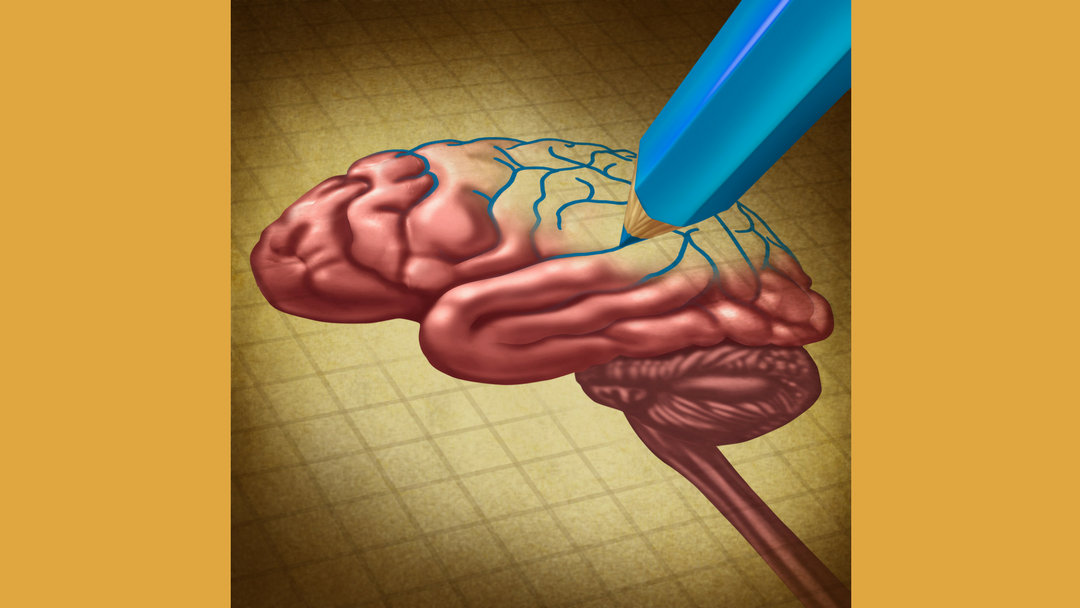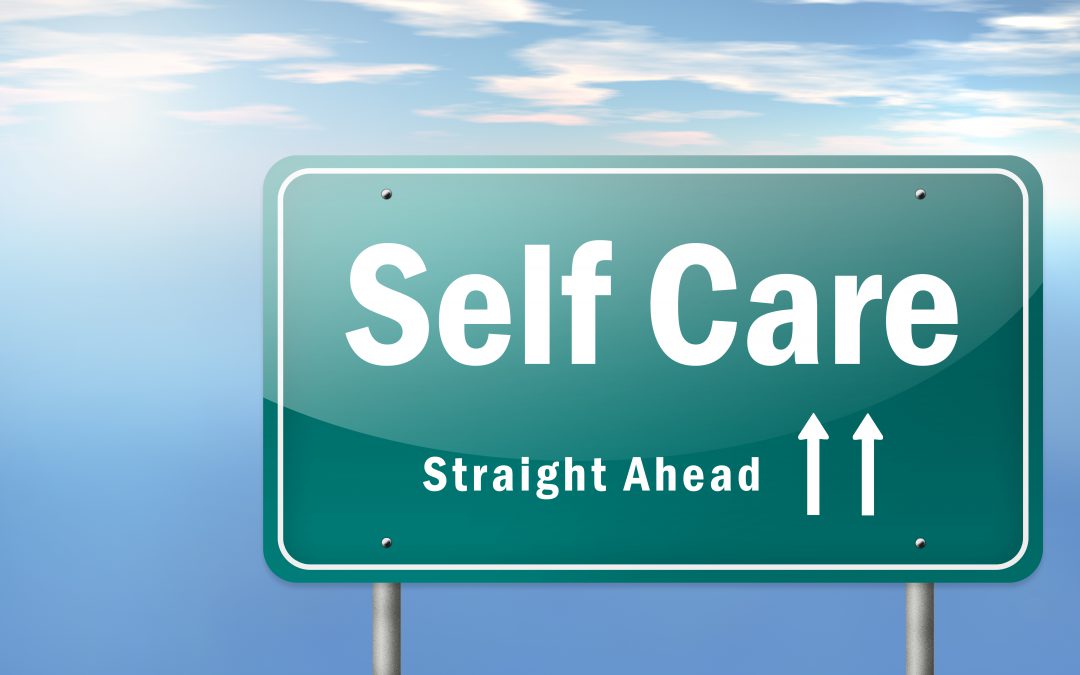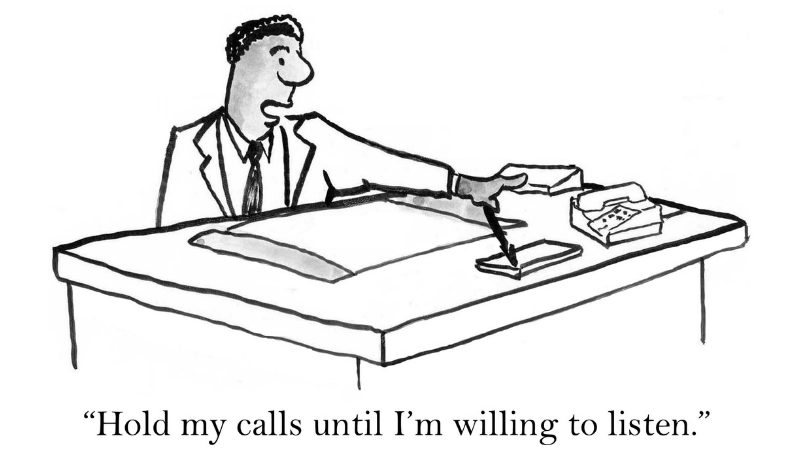
Routines—we all have them. Some of these routines are intentional – such as the bedtime routine – and others are ones we fall into. Routines are important for all of us; they create predictability and provide comfort. As we look at establishing healthy routines, we’ll provide a list of five steps to help us identify and tweak existing routines, and to build new ones.

R&R. Vacation. Time off. PTO. Whatever you call it, in our society, taking time to rehabilitate ourselves from the day-to-day grind is desperately desired and often neglected. Too often, we only think of “rest” as what we do on vacation, or the weekend. What if we were to invite rest and joy into our daily lives? What impact would that make?

We all have an “automatic tape” in our heads that provide default responses to situations. Learn why the automatic tape exists and how to rewrite it.

The automatic tapes in our heads often contain Thinking Distortions. Changing them requires patience, effort, and the exercise we discuss here.

When we think about changing our minds and how we think, we often think of the perfectionism or fears we live with, and focus on how to get rid of them. The apostle Paul challenges us to think differently, to think of changing our minds as part of the process of putting on our “new self.” One practical way to do this is challenging our Thinking Distortions.

Even when we know the importance of putting together a good self-care plan, it can feel overwhelming to do. Four pillars? Each pillar has multiple pieces? The heart races and the breathing gets shorter. Let’s slow it down and tackle this process – together.

While treatment plans come in all shapes and sizes, there are four pillars that form the foundation of every self-care plan. Creating a self-care plan that addresses our physical, mental, spiritual, and relational needs is a key step in our recovery process. No two plans look the same, nor could they.

Sympathy, empathy, compassion. Simple ideas with complex meanings, teasing out the differences between them can be a challenge.

Saying no or denying a request often causes anxiety and feels scary. Yet, being clear on what we can and can’t do is key to strong relationships.
 I recently read a post by Glenna Gill (a fantastic writer; you should check out her work) in which she revealed the stress and devastation she wrought on her marriage and family due to financial overspending. Managing finances is something she really struggles with. I...
I recently read a post by Glenna Gill (a fantastic writer; you should check out her work) in which she revealed the stress and devastation she wrought on her marriage and family due to financial overspending. Managing finances is something she really struggles with. I...
 As part of our series on nutrition, we’ve partnered with Sweetdefeat to share information on sugar addiction. This article first appeared on Sweetdefeat. For more information on how nutrition impacts our mental health, check out this article on gut health and...
As part of our series on nutrition, we’ve partnered with Sweetdefeat to share information on sugar addiction. This article first appeared on Sweetdefeat. For more information on how nutrition impacts our mental health, check out this article on gut health and...

The holidays can be a lot of fun and they can be very stressful. I’ve compiled a list of tips for handling social anxiety at holiday parties.

When we worry about being a burden to our support network, we miss out on an opportunity for healing. Here’s why you aren’t a burden.

It seems logical to think that, when ideas are in seeming opposition to each other, only one can be true. Yet, many time, opposite ideas can both be true.

Many of us learn willfulness as a defense to not being heard. Changing from a posture of willfulness to willingness leads us to more fulfilling lives.

Every relationship hits a point where change is necessary. Deciding how to make the relationship change and how to communicate our needs is vital.

Our refrigerator started having issues. I knew it needed to be repaired, but I had no idea that the experience would make me feel deeply stigmatized.

In our relationships, sometimes we have to use extreme techniques to get the behavior change we want. It’s a lesson I learned from my child.

The Scarcity Mentality holds us back. It is possible to live an abundant life, even when we live in poverty. Here’s how I did it.

Understanding how we define ourselves helps us understand some of our limiting thoughts and challenges. Refocusing our identity helps us move forward.

























